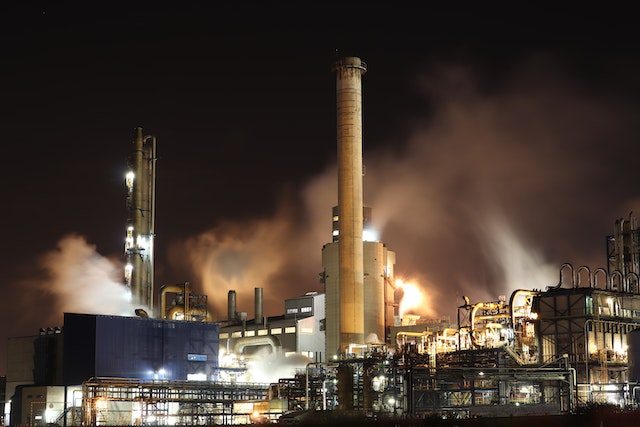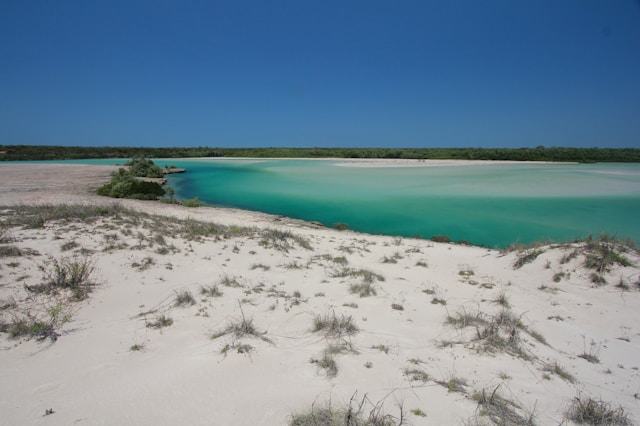Gas pumps at least $70 billion per year into the Australian economy, new analysis shows, as the industry comes under pressure to supply cheaper gas to domestic customers.
Research by ACIL Allen Consulting for industry body Gas Energy Australia found gas supports almost a quarter of a million jobs, underpins 3.4 per cent of GDP, and is forecast to grow next year.
The contribution to the local economy is greatest in the Northern Territory (15.53 per cent), followed by Western Australia (8.76 per cent) and Queensland (5.94 per cent).
Gas produced in Australia is mainly exported as liquefied natural gas (LNG), causing anger for LNG-dependent domestic manufacturers as the supply shock and rising prices threaten to put them out of business.
The gas share of primary energy production has almost doubled over the past decade to over 30 per cent in 2020/21, mainly from new coal seam gas-based LNG in Queensland and more LNG production in WA.
The report released on Tuesday estimated that gas at the well head was worth over $12 billion in 2020/21 and total production taxes paid were around $1.1 billion.
Many everyday items also rely on gas, including plastics, cleaning products and detergents, agricultural chemicals, explosives, pharmaceuticals and some textiles as well as food processing.
But around 80 per cent of Australian LNG is sold via lucrative long-term export contracts
The sector is “on the nose” and must justify steep domestic prices, according to Resources Minister Madeleine King.
Unions have been calling for action on gas price controls to ease pressure on struggling manufacturers.
Australian Workers Union national secretary Daniel Walton said $33 a gigajoule was the most competitive deal for manufacturers negotiating new gas contracts. Around $10 a gigajoule has been common in the past.
“If we don’t have some somebody sorted by early December, (manufacturing businesses) are going to start making some hard decisions,” he told reporters in Canberra.
Mr Walton said multinational gas companies were making extraordinary profits exporting Australian gas.
“We’ve not properly tackled the mechanisms to make sure that being the world’s largest exporter of gas means we’ve got some of the cheapest gas available to us,” he said.
“Unfortunately, that’s not happening.”
Australian Council of Trade Unions boss Sally McManus said energy and resources companies were locking employees out of a fair share of their record profits gleaned from the war in Ukraine.
The Albanese government has so far resisted calls for an new tax on extraordinary gas profits to pay for relief to consumers.
Energy expert Frank Jotzo says a windfall tax on gas producers makes more sense than a price cap.
“A mandated price cap or pushing prices down through a gas reservation policy might seem like the obvious fix,” Professor Jotzo said.
“But it would destroy incentives to save gas and switch to alternatives,” he said.
In the latest global forecast, International Energy Agency acknowledged “both systems” are required to function well during energy transitions to meet the needs of consumers.
The industry says LNG, LPG, compressed natural gas and liquid hydrogen have lower emissions than petrol, diesel, and coal-fired electricity.
Marion Rae and Poppy Johnston
(Australian Associated Press)





